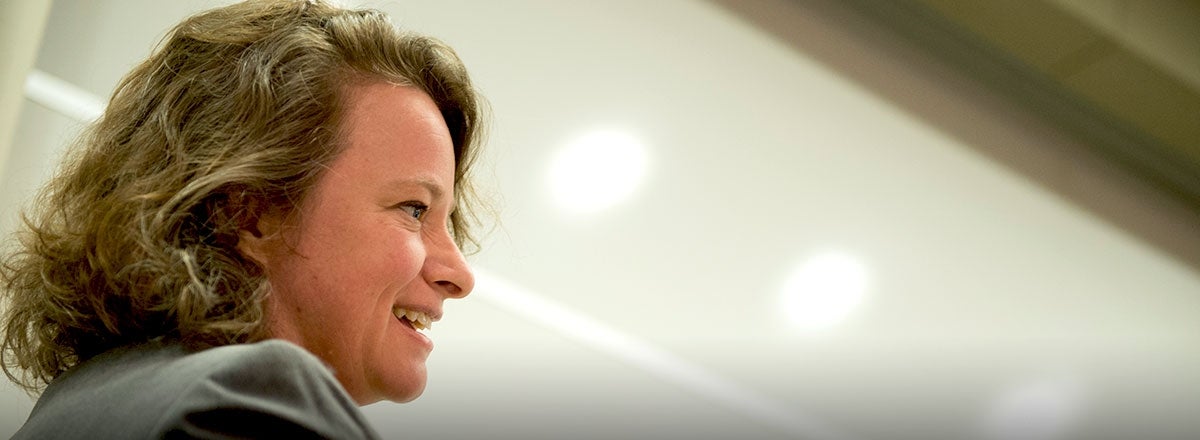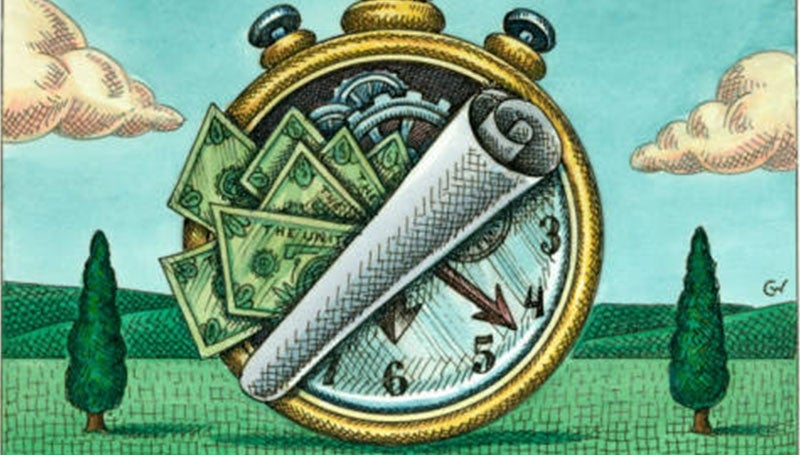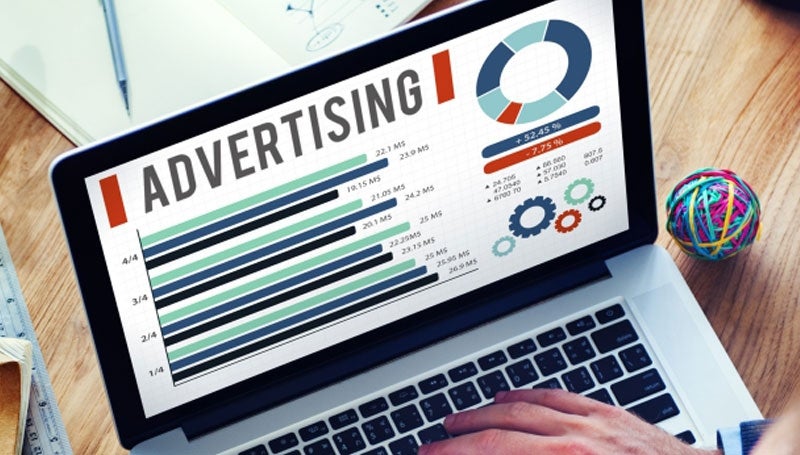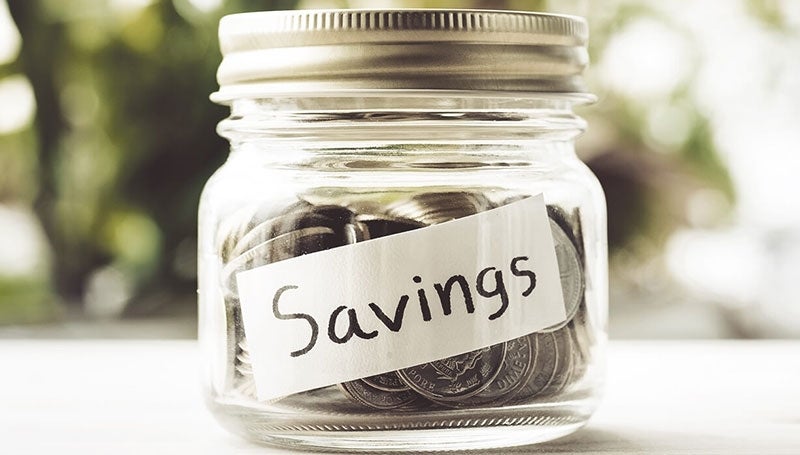Research

Research
Featured Research
Age-Old Question: What Makes You Happy?
Research by Cassie Mogilner Holmes examines happiness as we age
Examining the Difference Between Quality and Taste in Consumer Preferences
Laptops and TVs are based on quality, fast food and soda on taste; but Stephen Spiller finds that some buyers defy these models, and it’s an opportunity for marketers
Sensitivity to Debt Type Predicts Financial Health
Research by Hal Hershfield reveals that those wary of payday loans tend to manage their finances better

People Who Choose Time over Money Are Happier
Money and time are both scarce resources that people believe would bring them greater happiness. But would people prefer having more money or more time? Research by Hal Hershfield and Cassie Mogilner Holmes

Effects of Internet Display Advertising in the Purchase Funnel: Model-Based Insights from a Randomized Field Experiment
Randy Bucklin and Paul Hoban examine the effects of internet display advertising using cookie-level data from a field experiment at a financial tools provider.

The Effect of an Emergency Reserve on Self-Control Performance
The presence of an emergency reserve in a mental budget can improve self-control by providing appropriate balance between indulgent flexibility and stringent goals. Research by Suzanne Shu.